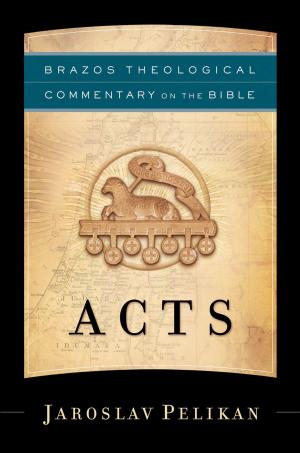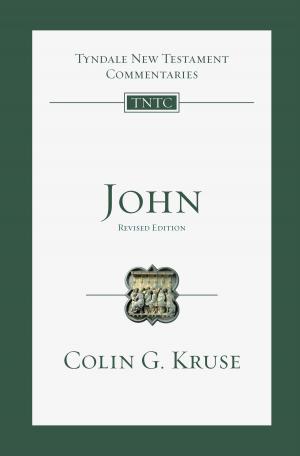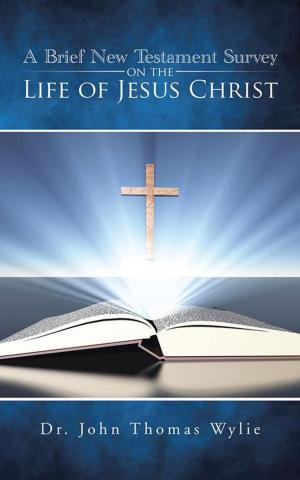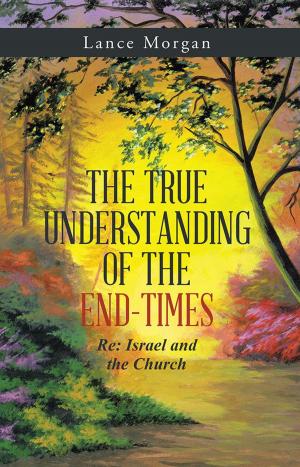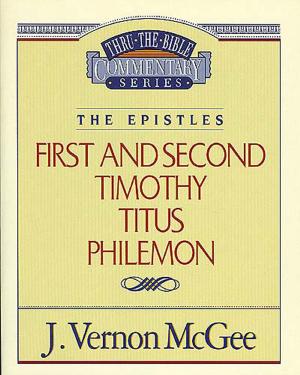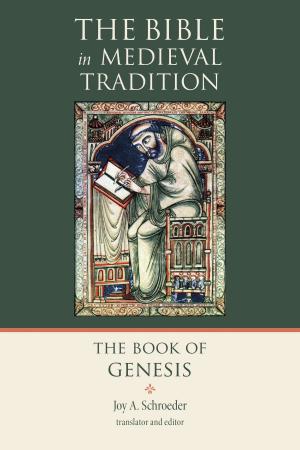What Is the Biblical Love We Are to Display Towards Others?
Digging under Translation, #1
Nonfiction, Religion & Spirituality, Bible & Bible Studies, Commentaries| Author: | M. Wolanski | ISBN: | 9781524288945 |
| Publisher: | M. Wolanski | Publication: | January 9, 2016 |
| Imprint: | Language: | English |
| Author: | M. Wolanski |
| ISBN: | 9781524288945 |
| Publisher: | M. Wolanski |
| Publication: | January 9, 2016 |
| Imprint: | |
| Language: | English |
When reading the Bible, we so often interpret verses with nuances that may or may not have been in the original translation, due to changes in the words' meanings over the centuries—and that's aside from how the translation process itself affects nuances in meaning!
Words have meaning, a meaning that morphs over time and across languages. A word that's positive for one generation can be negative for another, and a word can have a nuance in one language that it lacks in the original.
This all affects the accuracy of the written word, compared to what the writer originally meant. If I call a room “neat”, some readers will picture a tidy room, and some will picture an interesting-looking one. The only way to be certain which I meant is to examine both what else I say about the room and how I use the word neat in other contexts. That doesn’t mean one or the other meanings is illegitimate; it just means that you can’t know which meaning I meant without context.
So many people claim that because word X can mean Y, that word must mean Y, but that isn't how language works.
Some obvious modern examples of how meanings change:
• The verb protest is essentially synonymous with contest, these days, but when Shakespeare used it, it meant to affirm something, not to deny it.
• The word marriage used to refer specifically to male-female pairings (sometimes with multiple of one and/or the other), but now it also refers to pairings in the eyes of the law, regardless of gender, so contexts using the word have to define if they’re speaking of legal unions or religious unions—as well as defining any quantities or genders associated in that.
• The word *love* has many possible meanings, ranging from enjoyment of something to outright lust, and many of them are phrased as conditionals. (Ex. “If you loved me, you would…”)
But what does the Bible actually saying when it commands us to love our neighbors? Commenters tend to focus on whom we are to love without thoroughly investigating what it means to love them—treating the action as something that is so clear and self-evident that it needs only minimal definition, and thereby leaving the concept open to redefinition by people who want it to mean something else.
This essay seeks to rectify that oversight.
When reading the Bible, we so often interpret verses with nuances that may or may not have been in the original translation, due to changes in the words' meanings over the centuries—and that's aside from how the translation process itself affects nuances in meaning!
Words have meaning, a meaning that morphs over time and across languages. A word that's positive for one generation can be negative for another, and a word can have a nuance in one language that it lacks in the original.
This all affects the accuracy of the written word, compared to what the writer originally meant. If I call a room “neat”, some readers will picture a tidy room, and some will picture an interesting-looking one. The only way to be certain which I meant is to examine both what else I say about the room and how I use the word neat in other contexts. That doesn’t mean one or the other meanings is illegitimate; it just means that you can’t know which meaning I meant without context.
So many people claim that because word X can mean Y, that word must mean Y, but that isn't how language works.
Some obvious modern examples of how meanings change:
• The verb protest is essentially synonymous with contest, these days, but when Shakespeare used it, it meant to affirm something, not to deny it.
• The word marriage used to refer specifically to male-female pairings (sometimes with multiple of one and/or the other), but now it also refers to pairings in the eyes of the law, regardless of gender, so contexts using the word have to define if they’re speaking of legal unions or religious unions—as well as defining any quantities or genders associated in that.
• The word *love* has many possible meanings, ranging from enjoyment of something to outright lust, and many of them are phrased as conditionals. (Ex. “If you loved me, you would…”)
But what does the Bible actually saying when it commands us to love our neighbors? Commenters tend to focus on whom we are to love without thoroughly investigating what it means to love them—treating the action as something that is so clear and self-evident that it needs only minimal definition, and thereby leaving the concept open to redefinition by people who want it to mean something else.
This essay seeks to rectify that oversight.


